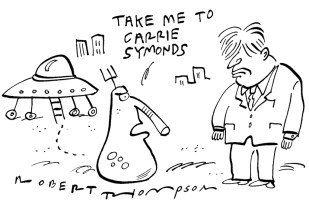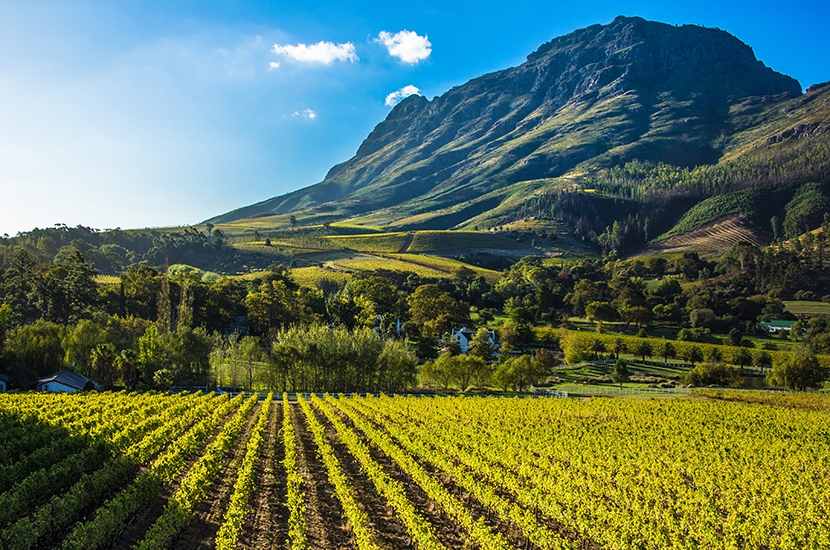Lockdown provides time to think, and to reminisce. A South African friend, trapped in Amsterdam, phoned the other day. Had I written about the David and Nadia wines from Swartland we had tasted at the end of last year? Not yet: I was awaiting further particulars, which may have been remiss of me. Justerini and Brooks is a major stockist and they are some of the best wines coming out of South Africa, which is saying a lot.

Wines have been produced in South Africa since the Huguenots settled in vine-friendly lands not far from Cape Town. Stellenbosch, Paarl and the aptly named Franschhoek are well known. Swartland is catching up. The names take me back to so many evenings in the 1980s, drinking wine in Stellenbosch and discussing the future. My Afrikaner friends knew that fundamental change was inevitable. That, at least, was their intellectual judgment, even if some of their hearts were still lagging behind. But there was a lot of interest in some fancy constitutional arrangement that would mitigate democracy and avoid the surrender of all power to the ANC. F.W. de Klerk had already concluded that this was a fantasy. Until shortly before the dramatic hand-over of power, that was still a minority view in Afrikanerdom. But F.W.’s realism prevailed. Had they known the quote, a lot of Afrikaners would have agreed with Lord Derby’s comment on the Second Reform Bill: ‘A leap in the dark.’ With Margaret Thatcher, they also recognised that there was no alternative. Robin Renwick, sometime ambassador to South Africa and her most important British adviser on its future, has written a fascinating book, The End of Apartheid, which makes it clear that her views were not the same as her husband’s. Instinctively, Denis could see no reason for change in such a wonderful country. She was a realist.
The old South Africa had one advantage. Given the weakness of the rand, there was good wine at bargain prices. I remember an evening in Windhoek with Julian Amery. We were on our way to visit Jonas Savimbi and decided that we ought to fortify ourselves against the rigours of guerilla HQ cuisine with a good restaurant dinner. Julian chose the wine. For the red, he opted for a Hamilton Russell Grand Vin Noir, an excellent pinot noir. The waitress’s face clouded over with doubt. Sir, you do know that this wine is 16 rand a bottle (£4)? Thank you, my dear, he replied. At that time and that price, there were few better-value wines in the world.
Given the weakness of the rand, there was good wine at bargain prices
Around the same time, I dined with Bill Deedes in Johannesburg. The Three Ships restaurant was just about the best in the country, with a cellar to match. I selected carefully, but as we finished our food, Bill intervened before I could order anything more. ‘You have been so generous,’ he said — thank you, Lord Black — ‘so let me buy a drink’ — probably ditto — ‘at the bar.’ I quickly understood the difference between whisky drinkers and wine drinkers. Bill had endured my rapturous commentary on the vintages but could not wait to get alongside a proper drink. A wonderful companion.
A bit earlier, the Soviet Empire had benefited from the sanctions against South Africa. At the same time as De Beers and the Russian authorities were regulating the international diamond market, there was a mutually beneficial exchange a few notches lower in the consumer index. London supermarkets were offering Bulgarian cabernet sauvignon at a very reasonable price, and it was a jolly good quaffing wine. I wonder if it ever went via Bulgaria, or did it merely benefit from a flag of convenience? We can be certain that it graced many a north London dinner table, and fuelled many denunciations of apartheid. As for South Africa’s future, if only every-thing could go half as well as the country’s wine production. If only.






Comments